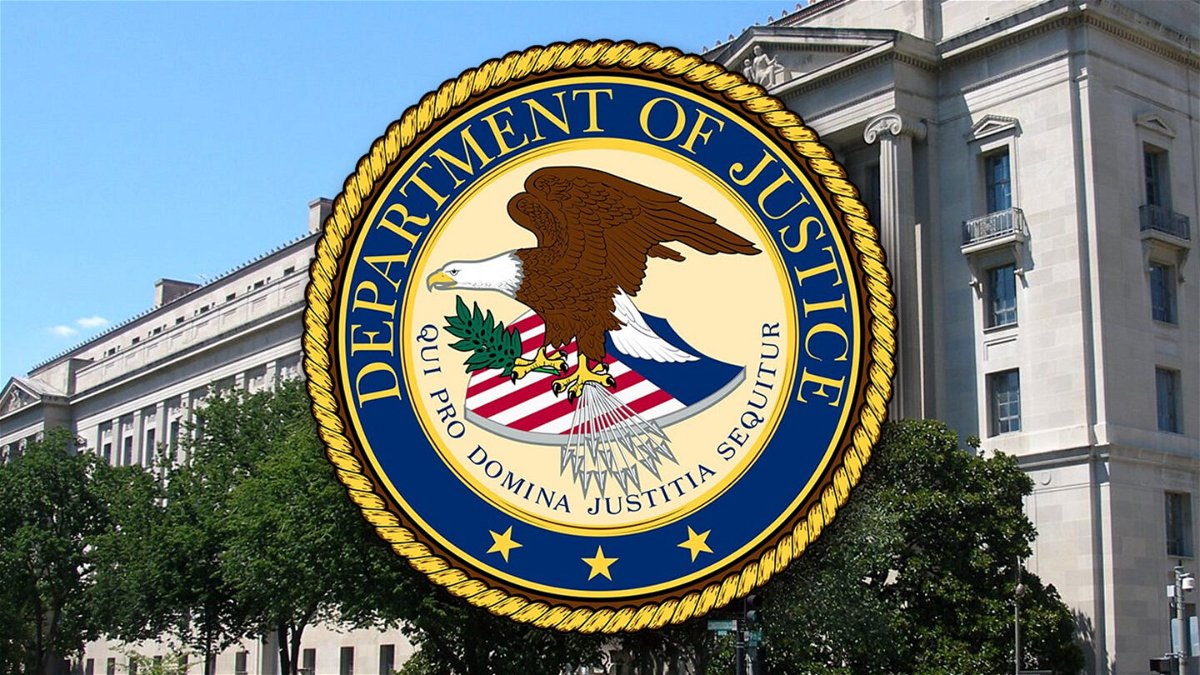Department of Justice reaches civil settlement with three Central Coast health care providers

LOS ANGELES, Calif. – A county-organized health system (COHS) working with Medi-Cal enrollees in Santa Barbara and San Luis Obispo counties as well as three Central Coast health care providers agreed to pay $68 million to resolve allegations that the groups violated the False Claims Act and the California False Claims Act.
The parties involved in the lawsuit were under seal until Wednesday, Jun. 28.
The four organizations that entered the settlement agreements with the United States and the State of California are the Santa Barbara San Luis Obispo Regional Health Authority doing business as CenCal Health, a COHS that contracts with California's Medicaid program, Medi-Cal; Cottage Health System, a not-for-profit hospital network in Santa Barbara County; Sansum Clinic, a non-profit outpatient clinic in Santa Barbara County; and Community Health Centers of the Central Coast (CHC), a non-profit community health center that operates in Santa Barbara and San Luis Obispo counties.
In accordance with the Patient Protection and Affordable Care Act (ACA), Medi-Cal was expanded to cover previously uninsured people between the ages of 19 and 64 without dependents and annual incomes up to 133% of the federal poverty level.
For the first three years after the ACA became law, the federal government fully funded the expansion of coverage to the more than 1.4 million newly eligible Californians.
Contracts with the California Department of Health Care Services (CDHCS) stipulated that if CenCal did not spend at least 85% of the funds it received on "allowed medical expenses", CenCal was required to pay back the difference to the state.
The four settlements resolved allegations that CenCal, Cottage, Sansum, and CHC knowingly submitted or caused the submission of false claims to Medi-Cal to cover that difference and not have to return those unspent funds to the state of California, which itself was required to return the funds to the federal government.
The federal government and California alleged that some of the submitted payments did not qualify as "allowed medical expenses" under the contract with CDHCS; were predetermined amounts that did not reflect fair market value of any Enhanced Services provided; and/or the Enhanced Services were duplicative of services already required to be rendered; and that the payments were unlawful gifts of public funds in violation of the California Constitution.
“Our intention was to participate in a program that, along with CenCal, would allow us to provide for the health care needs of the previously uninsured individuals that were now newly enrolled in Medi-Cal... Sansum disagrees with the government's claims, and we do not believe it was an overpayment or that Sansum did anything wrong or inappropriate. However, we decided to settle this matter and return the alleged overpayments instead of engaging in costly, time-consuming litigation that would consume additional health care resources and distract us from our focus on providing high-quality health care to patients, as we have for over 100 years.”
Sansum Clinic CEO Kurt N. Ransohoff, MD, FACP
As a result of the settlement, CenCal will pay $49.5 million, Cottage will pay $9 million, Sansum will pay $4.5 million, and CHC will $3.15 million all to the United States. The State of California will receive $1.85 million detail the U. S. Attorney's office.
“These historic settlements demonstrate our steadfast efforts to eradicate fraud involving Medicaid Adult Expansion,” said United States Attorney Martin Estrada. “Health care systems and providers are on notice that the False Claims Act provides us with a powerful tool to ensure that taxpayer-funded health care programs are used for patient care, and not for furtive financial gain.”
The civil settlements include a resolution of claims brought under whistleblower provisions of the False Claims Act by Julio Bordas, CenCal's former medical director.
“I believed the payments to the hospitals and clinics were wrong and felt I needed to speak up,” said Julio Bordas, M.D. “I am grateful that the government joined my case and that funds are returning to Medicaid.”
Under the whistleblower protections within the False Claims Act, Dr. Bordas filed the alleged violations on behalf of the United States and now will receive a portion of the recovered funds, approximately $12.56 million according to the U. S. Attorney's Office.
“Medical Loss Ratio (MLR) inflation takes scarce healthcare dollars away from patients who need it and harms taxpayers,” said Edward Arens, a whistleblower attorney and partner at Phillips & Cohen LLP which filed the whistleblower lawsuit on Bordas' behalf in 2015. "These settlements show the government’s commitment to enforcing MLR requirements and the importance of whistleblowers in bringing allegations of MLR fraud to the government’s attention.”
The United States previously settled similar allegations related to payments they received from CenCal under the Adult Expansion program against Dignity Health (which operates Arroyo Grande Community Hospital, French Hospital Medical Center in San Luis Obispo, and Marian Regional Medical Center in Santa Maria) as well as two subsidiaries of Tenet Healthcare Corporation (Twin Cities Community Hospital in Templeton and Sierra Vista Regional Medical Center in San Luis Obispo).
Those two entities agreed to pay a settlement total of $22.5 million to resolve those allegations.
“Medi-Cal is a lifeline that provides access to free or affordable healthcare services for millions of Californians and their families,” said California Attorney General Rob Bonta. “When any healthcare provider or agency defrauds the program, they break the public’s trust and put their own bottom line before the patients who count on them for honest, quality care and services. I am grateful to the USDOJ for its extensive efforts throughout the course of this investigation. The California Department of Justice and our law enforcement partners will continue to hold accountable those who defraud the Medi-Cal program, and protect those it serves.”
Currently, Lompoc Valley Medical Center still remains a defendant in the action. Lompoc Valley Medical Center CEO Steve Popkin indicated he could not comment about the ongoing litigation at this time.
